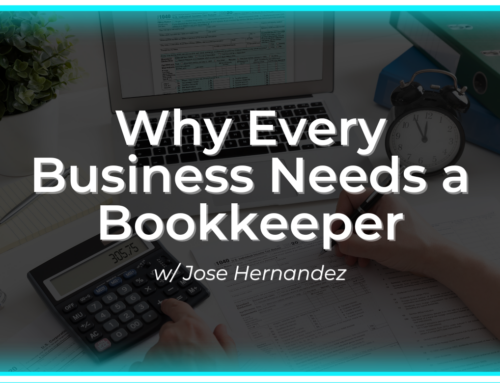Educational Video
https://youtu.be/wLGBBw2_D7s
Hey everyone! I’m Jose, the Controller here at Bette Hochberger, CPA, CGMA. When was the last time you looked at your financial statements? If you’re only glancing at your bank balance, you might be missing key red flags—or golden opportunities.
Financial statements are more than just paperwork for tax season. They’re tools that show you what’s really happening in your business. Ignoring them is like driving with your eyes closed—sooner or later, you’re going to crash.
What Are Financial Statements, Really?
The three key statements every business owner should understand are:
- Profit & Loss Statement (P&L): Shows your income and expenses over a period of time—are you actually making money, or just breaking even?
- Balance Sheet: A snapshot of your business’s financial position—what you own (assets), what you owe (liabilities), and what’s left over (equity).
- Cash Flow Statement: Tracks the movement of cash in and out—can you pay your bills, make payroll, and invest in growth?
Each one tells a different story—and together, they show you the big picture.
Why They Matter
Financial statements reveal issues early. Are expenses creeping up? Is revenue dropping month-over-month? Are you consistently running low on cash? These reports help you catch problems before they become full-blown crises.
They also help you make smarter decisions. Should you hire someone? Increase your prices? Invest in new software? Your gut may have an opinion—but your numbers have facts.
How to Use Them to Your Advantage
You don’t need to be an accountant to use financial statements effectively. Start by reviewing them monthly with your CPA, bookkeeper, or fractional CFO.
Ask these questions:
- Is my business profitable?
- Where are we overspending?
- Are we on track with our goals?
- What trends are emerging in my revenue or expenses?
Use that data to course-correct, plan ahead, and grow confidently.
Don’t Just File Them—Use Them!
Financial statements shouldn’t collect dust in your inbox or be handed off only to your tax preparer. They are your business’s health check, road map, and warning system all in one. When you understand and use them regularly, you make better decisions—and that can save your business.
Thanks for reading, and I’ll see you all soon!








